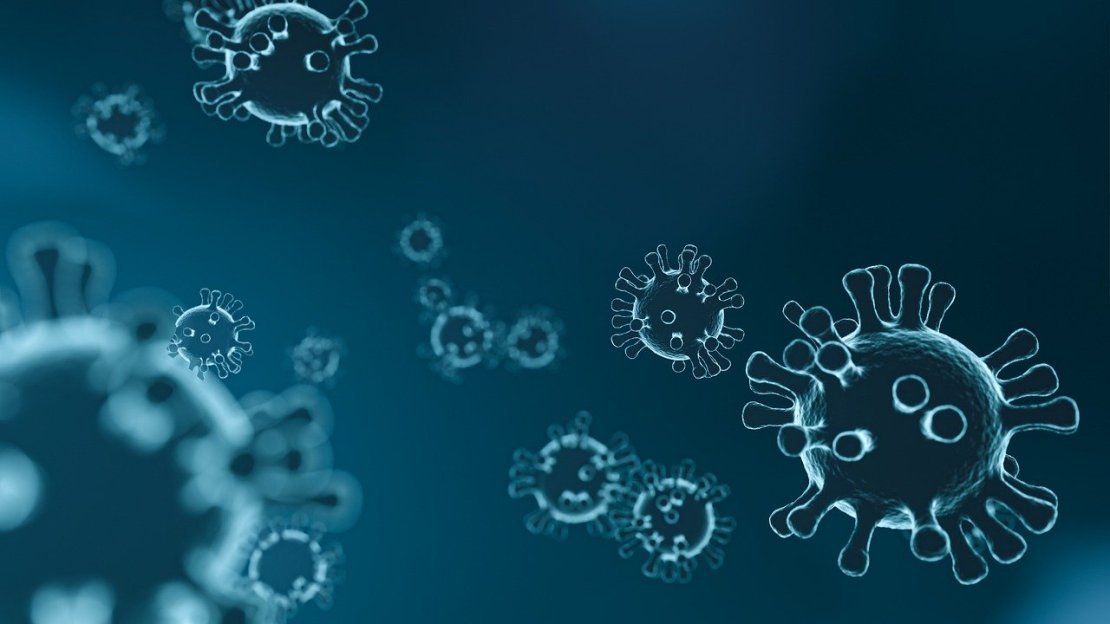John Tolley, May 12, 2020
Doubtless you?ve heard, or even possibly learned, all about antibodies in the past few weeks. They?re the y-shaped proteins manufactured by our immune system in response to a bacterial or viral pathogen. Put simply, they are what we possess when doctors declare us ?immune? to specific disease.
Clearly, these are important to our internal defenses, but antibodies are also an important research tool. At the University of Iowa, a repository unique to US research institutions, the Developmental Studies Hybridoma Bank (DSHB), provides researchers working on a variety of maladies around the world with laboratory-produced antibodies.
Recently though, the DSHB has taken on a new task: aiding in the fight against the novel coronavirus. They?re distributing antibody specimens to researchers aiming to deepen our understanding of the virus.
Of note are the monoclonal antibodies that have utility in research and possible treatment of the coronavirus as well as symptom identification, says David Soll, DSHB director, speaking with Iowa Now.
?Unbeknownst to a lot of people, we have a large number of antibodies that people will be interested in, and based on our first orders, we could play a huge role in this.?
Currently the DSHB has 75 monoclonal antibodies useful to researchers studying COVID-19, including some that are exclusive to their reservoir.
Many of the projects serviced by the antibodies seek to shut down the coronavirus? ability to infiltrate the body. Covered in protein spikes, it latches on to individual lung cells and begins to replicate within. Disabling these invading appendages would conceivably stop the virus cold.
For more on this and the further work of the DSHB, check out the full Iowa Now story here.







